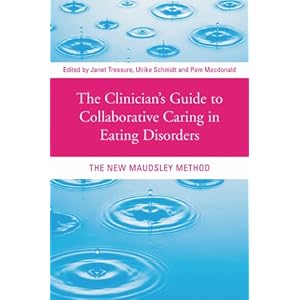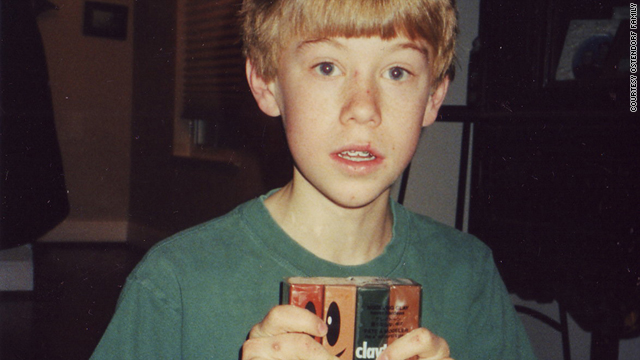Ever wonder why anyone in your life, maybe even you, have trouble completely freeing themselves from the emotional entrapment of a past experience?
I was watching the movie "Thin" last night. It is a documentary focusing on the journey through treatment for an eating disorder. One woman in particular admitted in her counseling session that there were things deep inside her that she shared with no one.
That made me think about her ability to control whether or not she unlocked her past. In many cases: deep dark secrets, painful events, sinful thoughts, devastating tragedies, and thoughts of ill will towards the self or others are the very pieces of the puzzle that most clients refuse to discuss. They are often ashamed, angry, uncomfortable, or just flat out do not trust the therapist or themselves enough to even begin to entertain the thought of divulging that information.
How then can you actually provide adequate treatment to any client? If you want to get better, but you aren't willing to do the full scope of the work, then can you really want help?
I guess the point of all of this is that we are often have too much control of ourselves, so much so that we do not even realize how we are holding ourselves back from the very things we want most in life--or at least what we think we want.
The hardships that you have faced, must be dissolved in order for you to heal. If you are unwilling to hit the rock hard bottom of your emotional state, you will never fully recover. Eating disorders are amongst the hardest mental disorders to overcome, and I suspect that many of those who wrestle with their disorder are not really fighting food, they are fighting to control of their deepest thoughts and feelings.
Food is in a way the manifestation of their mind. It is controlled, and it controls you. With it you live and without it you die. They feel as though without control of the depths of their mind they might as well be dead, and so they walk a fine line where uncomfortable becomes comfortable. Being totally honest is a nightmare for an ED patient. Giving up 100% control is their version of death. Why would you need food when you feed on your own control?
If you feel stuck in some way in your own life, to this extreme or not, I invite you to at least have a conversation with yourself about the depths that exist in your mind. It is only with a sense of self and a willingness to share that self that we are able to truly let go of the control that we have.













